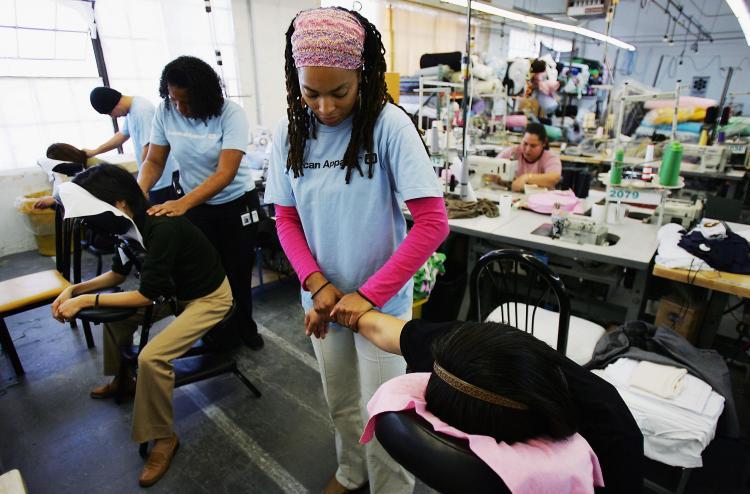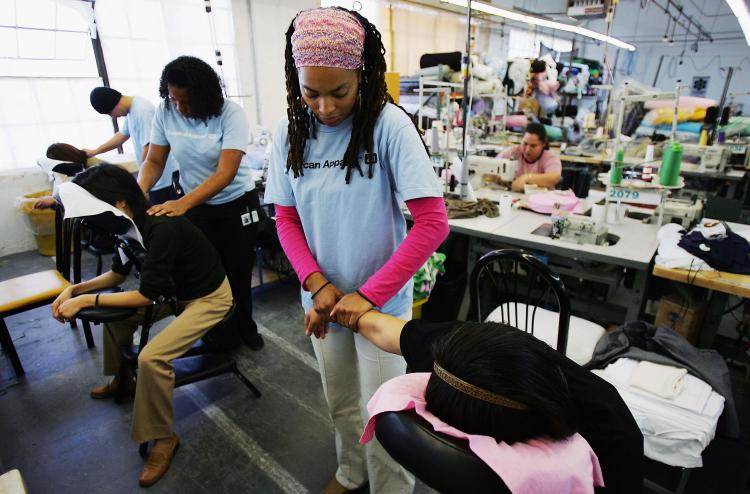A private member’s bill recently introduced for debate in Parliament aims to stop sweatshop-produced products from making their way into Canadian stores.
Tabled by Peter Julian, international trade critic for the New Democrats, Bill C-463 would prohibit the importation of goods that were produced, manufactured, or assembled in contravention of International Labour Organization (ILO) standards.
“If we become aware of a factory that’s using forced labour in a dictatorship like North Korea or Myanmar, those goods would be put on a prohibited list,” says Julian.
Corporations are attracted to sweatshops, Julian says, because they can relax safety, environmental, and health regulations and cut their costs by as much as 50 percent. Women and children—who work 12 to 16-hour days and earn between $1 and $3 per day—comprise the majority of sweatshop workers.
Julian says such measures would provide incentive for companies to check before they purchase a product because those on the prohibited list couldn’t be brought into Canada. It could also force governments in countries where there are no democratic labour practices to change their laws.
“It would put the whole emphasis on fair trade and international labour standards top-of-mind,” he says, adding that the World Trade Organization has endorsed the ILO as the “referee” for international labour standards.
Tabled by Peter Julian, international trade critic for the New Democrats, Bill C-463 would prohibit the importation of goods that were produced, manufactured, or assembled in contravention of International Labour Organization (ILO) standards.
“If we become aware of a factory that’s using forced labour in a dictatorship like North Korea or Myanmar, those goods would be put on a prohibited list,” says Julian.
Corporations are attracted to sweatshops, Julian says, because they can relax safety, environmental, and health regulations and cut their costs by as much as 50 percent. Women and children—who work 12 to 16-hour days and earn between $1 and $3 per day—comprise the majority of sweatshop workers.
Julian says such measures would provide incentive for companies to check before they purchase a product because those on the prohibited list couldn’t be brought into Canada. It could also force governments in countries where there are no democratic labour practices to change their laws.
“It would put the whole emphasis on fair trade and international labour standards top-of-mind,” he says, adding that the World Trade Organization has endorsed the ILO as the “referee” for international labour standards.







